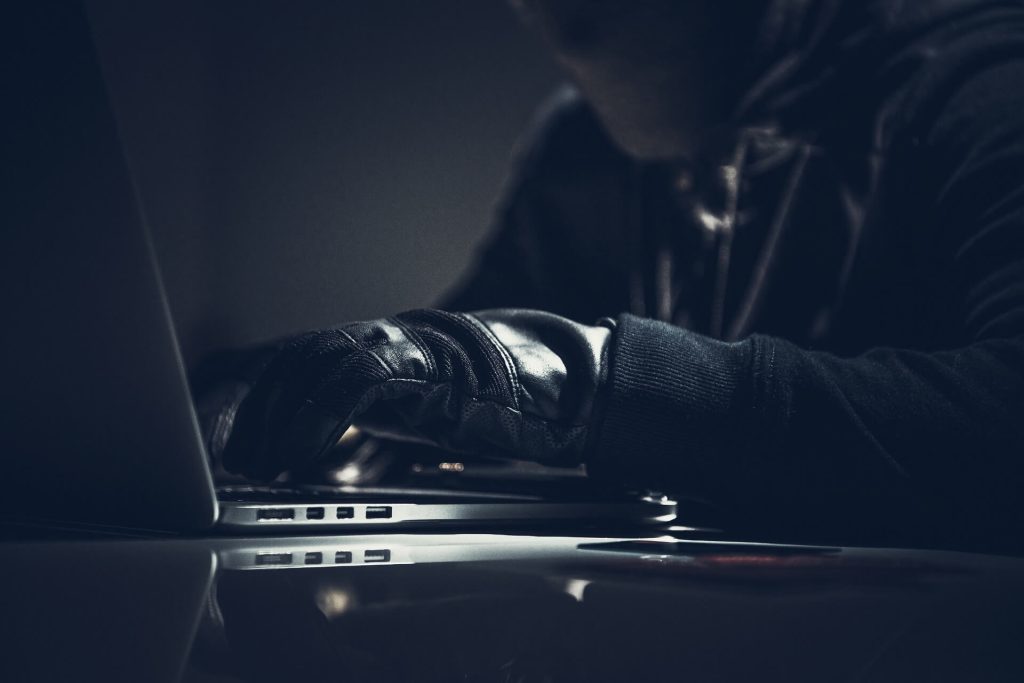If the pace of the world before Covid-19 was already fast, the luxury of time now seems to have completely disappeared. Companies that planned a digital strategy in phases of one to three years now must conceive initiatives in a matter of days or weeks.
A survey conducted in Europe finds that around 70% of executives in Austria, Germany and Switzerland said that the pandemic will certainly accelerate the pace of transition to the digital world. Acceleration is already evident in all sectors and geographies, but now on a more pronounced global scale.
This crisis provides a sudden glimpse into a future world where digital has become central to all interactions, forcing organizations and individuals alike to climb even further up the adoption curve almost overnight. A world in which digital channels become the main (and in some cases the only) model of consumer engagement and automating processes become the main drivers of productivity – and the foundation of distribution chains. A world in which agile ways of working are a prerequisite for meeting seemingly daily changes in human behavior within markets.
Despite the central role of companies in responding to several fronts at the same time: at the same time that they work to protect the safety of their workers, they must also safeguard their operational viability. However, it is the workers who assume the role of transition in a universal system, causing trauma and erroneous and preconceived ideas about the reality of digital work.

Being employed without leaving home should not cause stress or inconvenience. In fact, according to several studies carried out in the areas of psychology and sociology in 2019, they prove that the transition can be healthy, promote stability and success, in such a way that work – before radically idealized as a box in the system – can even be reinvented to a model that promotes the quality produced instead of the amount of hours spent. In this way, the future is promising both for the economy and for the personal and cognitive development of workers.
However, it was the attachment and urgency painted by the media and the facts around Covid-19 that generated a blockade and made digital work not just an option, but the new norm. In short, many employees began to feel afraid, frustrated and incapable of adapting to their new way of life.
The lockdown gave many individuals a flawed impression of the digital work, i.e., their experience occurred during exceptional circumstances, which caused them to draw false conclusions about the digital work.

As a way to gain some peace during these times, here are three digital wellness tips during the Covid-19 outbreak and beyond:
-
- Use digital models to ‘take back control’: we may feel powerless in the face of a global epidemic, but we can use our
technologies to regain some sense of control and autonomy in our lives. So, think of ways to use the technologies, you can
be as simple as leveraging technology to plan for the future, buy airline tickets and plan a trip, or manage lists or
schedules, arrange events with other people or even shop online. The key is to be active (rather than a passive agent in the
digital world) and think of these models as facilitators. For example, we can consider reducing screen time (streaming, viewing,
scroll) and balance passive viewing time with active interaction (work, creation). - Take advantage of the digital world to cultivate relationships: Social distancing can be good for physical health, but isolation
it is known to be toxic to mental health. So take this opportunity to digitally reconnect with a friend, family member or
acquaintance who never had the occasion to come into contact with for many years. Another piece of advice, try to cultivate existing relationships with
regular online events. Being available to help others can provide a sense of purpose and calm anxiety. - Be digitally smart: our well-being is influenced by our personal sense of competence, that is, the ability to face
challenges, make smart choices, and cultivate a sense of achievement or success. It is an extraordinary and unique opportunity to, for example,
take an online course, gain personal skills or do the things that really involve the ‘me’.
In order not to lose motor skills or collapse on diets that are based on the loss of essential nutrients, it is advisable to do
download an exercise, nutrition, relaxation or mindfulness app. In general, think about how to use the
technology to establish or improve your routine, sleep better, exercise and eat a healthy diet.
- Use digital models to ‘take back control’: we may feel powerless in the face of a global epidemic, but we can use our

In Chinese, the two characters (危機) for crisis imply danger (危) and opportunity (機), opening a door to the extraordinary.
“From a management perspective, particularly in the area of information, it is fascinating to see how the lockdown has caused the majority of employees to fully adopt digital work tools, such as collaboration platforms and videoconferencing tools, to ensure that work generates 100% , even remotely, in new ways.” – Davidson, 2020
As a consequence, digital competence increased considerably in the first weeks of quarantine, underlining the following:
-
- Employees became more adept at using digital work tools, which brought new routines and life habits. It is essential to have
account that digital work tools are flexible: they incorporate multiple possibilities by enabling and supporting a wide variety of work practices
without the need for technical customization (Richter & Riemer, 2013). As a result, employees around the world began to
experiment and reflect on emerging usage scenarios such as “virtual morning teas” or “after-work Social Zoom”.
- Employees became more adept at using digital work tools, which brought new routines and life habits. It is essential to have
-
- Executives have taken comfort in knowing that work continues even when employees are physically distant. as an example
Importantly, twitter.com announced that its employees would be allowed to “work from home forever” (Paul, 2020). Still others are hesitant;
however the common issues have been dissolved in many cases, for example that digital work slows things down (Eckhardt,
Endter, Giordano, & Somers, 2019) or that workers who are not visible are ‘relaxing’ (Hafermalz, 2020).
- Executives have taken comfort in knowing that work continues even when employees are physically distant. as an example
-
- Organizations are exploring a broader spectrum of models for engaging with customers, and consumers are increasingly more
receptive to communication through digital means (Knowles, Ettenson, Lynch, & Dollens, 2020).
- Organizations are exploring a broader spectrum of models for engaging with customers, and consumers are increasingly more
Now is the time to re-evaluate digital initiatives: those that provide short-term benefits to employees, customers and the broad set of stakeholders for which companies are increasingly accountable, and those that position you for a post-crisis world. In this world, some things will return to the old normality, while others will change forever. Playing it safe now, as understandable as it is, is often the worst option.
In summary, our increased digital dependence during the pandemic can benefit our well-being rather than being a threat. What we need to do is use our tools, namely those we access through screens positively to promote a sense of autonomy, relationship and competence.
Sources consulted:
Davidson R. The transformative potential of disruptions: A viewpoint. International Journal of Information Management. 2020 [Google Scholar] Richter A., Riemer K. Malleable end-user software. Business & Information Systems Engineering. 2013;5(3):195–197. [Google Scholar] Paul K. Twitter announces employees will be allowed to work from home ‘forever’ The Guardian. 2020 [Google Scholar] Eckhardt A., Endter F., Giordano A., Somers P. Three stages to a virtual workforce. Management Information Systems Quarterly Executive. 2019;18(1):5. [Google Scholar] Knowles J., Ettenson R., Lynch P., Dollens J. Growth opportunities for brands during the COVID-19 crisis. MIT Sloan Management Review. 2020 [Google Scholar] Hafermalz E. Out of the panopticon and into exile: Visibility and control in distributed new culture organizations. Organisation Studies. 2020 doi: 10.1177/0170840620909962. [CrossRef] [Google Scholar]





